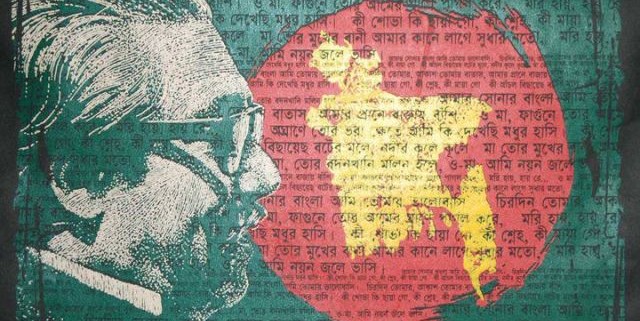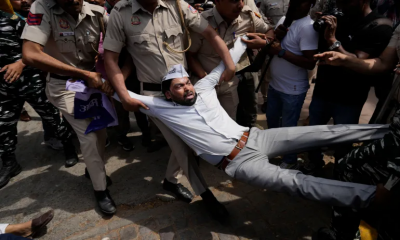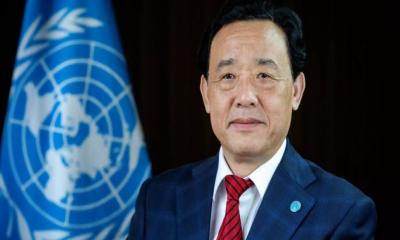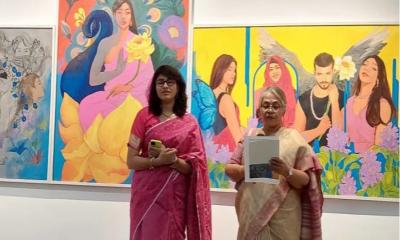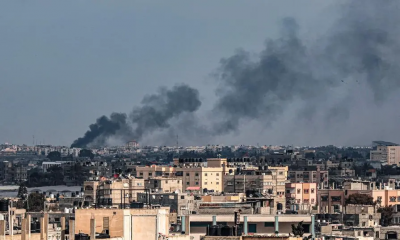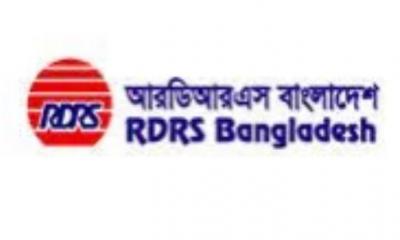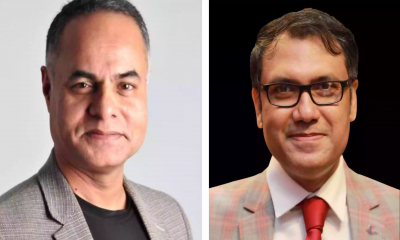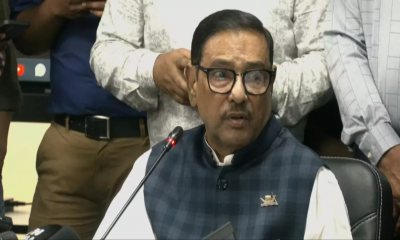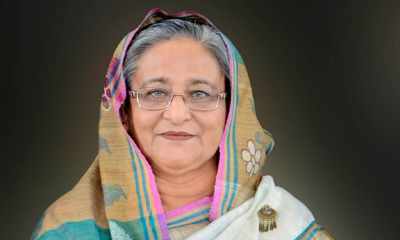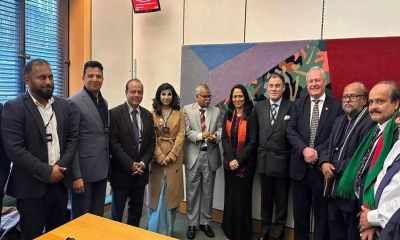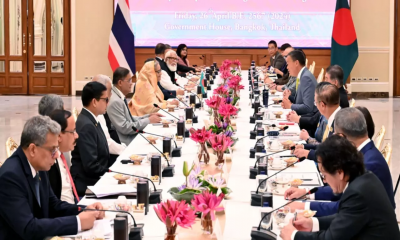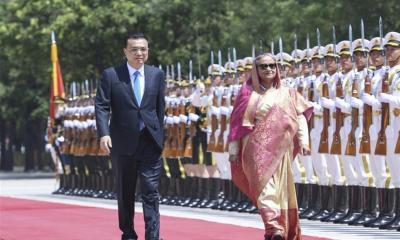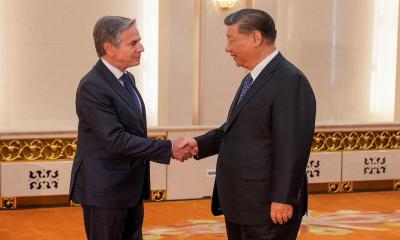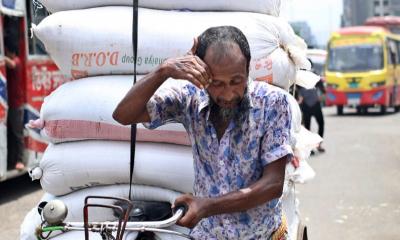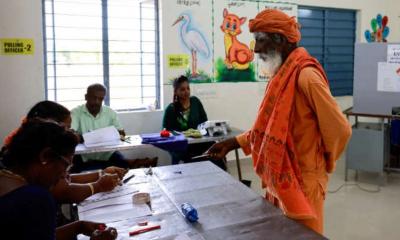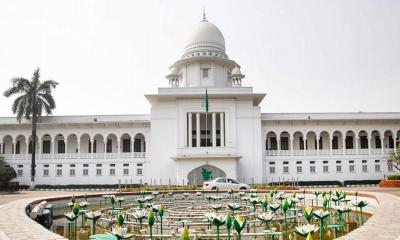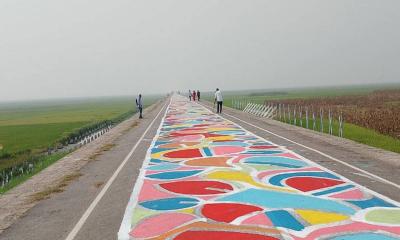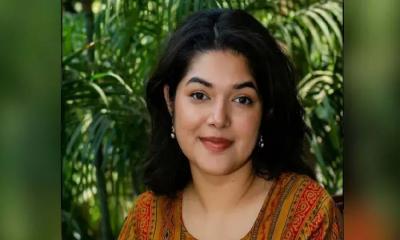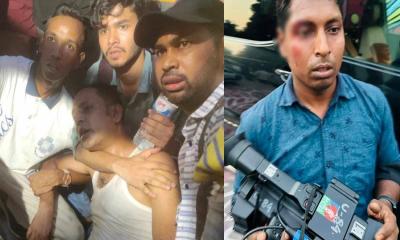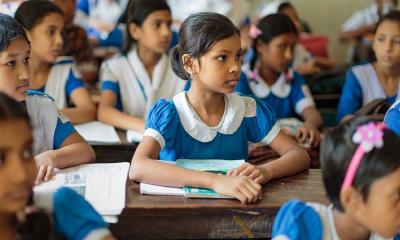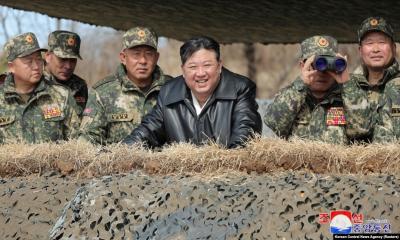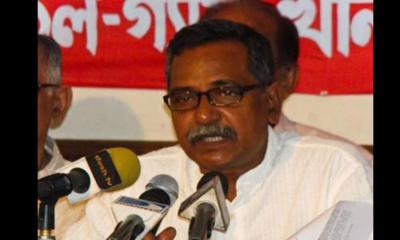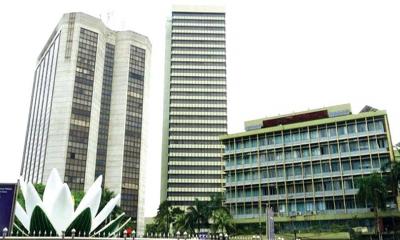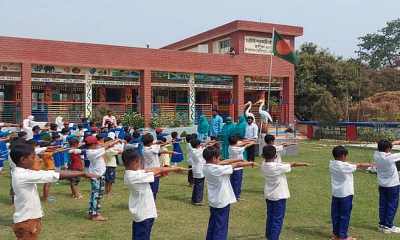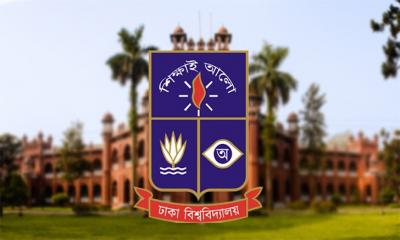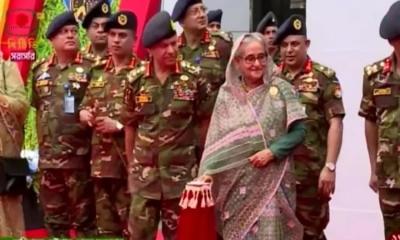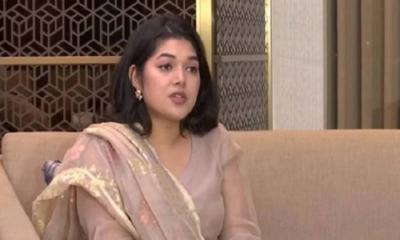In a word, Bangabandhu Sheikh Mujibur Rahman, the father of the Bengali nation, has led every movement for the realization of the rights of the people of this country. Bangabandhu Sheikh Mujibur Rahman is a name, consciousness, and chapter.
If he had not been born, we might not have gotten an independent, sovereign state. He called for freedom and liberation. Responding to his call, the Bengali nation fought like a hero and gained independence, and established Bangladesh as a sovereign country on the world map.
"I am a poor man of seven crores of love"
These words were spoken solely out of love for the Bengali people. In fact, Bangabandhu is an episode in the history of Bangladesh. And his life's work gives us an insight into the chronological events of the independence movement in Bangladesh.
At the age of 23, Bangabandhu became involved in active politics and in 1943 was elected a councilor of the Provincial Muslim League. Bangabandhu established the East Pakistan Muslim Chhatra League on 4 January 1948.
The Chhatra League he founded later played an important role in the freedom struggle of Bangladesh. Later, Sheikh Mujibur Rahman also provided strong leadership in the language movement from 1947 to 1952, which awakened a sense of unity and independence among the Bengalis.
Due to his political wisdom and pro-people activities, he was elected General Secretary of the East Pakistan Awami Muslim League in 1953 and later President of the Awami League (name changed) in 1966.
On 5 February 1967, Bangabandhu presented his historic six-point demand in Lahore outlining the full autonomy of East Pakistan. It was through this that the foundation stone of Bangladesh's independence was laid.
In response to Bangabandhu's call for independence, Bangladesh gained independence on 16 December 1971 in exchange for a long and bloody nine-month war. When the government of Pakistan released Bangabandhu on 8 January 1972 under international pressure, he returned to his homeland on 10 January and began the work of rebuilding the war-torn country with full vigor.
Bangabandhu started his political career as an ordinary worker but in a very short time, he became the undisputed leader of millions of people.
On the one hand he had extraordinary organizational ability, on the other hand, he had unparalleled eloquence. Usually, a combination of these two is not seen in the same person. There is a quote from Bangabandhu at the beginning of the book 'Unfinished Autobiography', which he wrote on 30 May 1971. There he writes:
"As a human being, I think of the whole human race. As a Bengali, what is related to some Bengalis makes me think deeply. The source of this constant saturation is love, everlasting love, the love that makes my politics and existence meaningful. ”
It is clear from this quote that Bangabandhu is acknowledging himself as both a man and a Bengali. It is from this self-identity that we can understand the four main features of his political thought, namely, Bengali nationalism, secularism, democracy and socialism.
In his 55 years of life (1920-1975), Bangabandhu's philosophy worldview was formed through a long struggle of 36 years (1938-1975), on the basis of which his political philosophy was formed and Bangabandhu's own economic and social Progress- Development philosophy.
After independence, Bangabandhu realized the need to reduce the dependence on foreign aid and build the Bengali nation as a self-reliant nation. He formulated economic policies with the aim of building a self-reliant nation.
He declared the Second Revolution aimed at creating food, clothing, shelter, medicine, education and employment opportunities for the people by means of independence - anti-corruption, increase production in farms and factories, economic emancipation of the people, building a society free from exploitation and national unity.
In order to achieve the progress of the nation, Bangabandhu united all the political, professional and intellectual circles and created a platform which he named 'Bangladesh Krishak-Sramik Awami League'. He received an unprecedented response, urging the entire nation to unite and participate in this struggle for economic liberation.
In a very short time the economic condition of the country began to improve. Domestic production increased, corruption and smuggling stopped. Commodity prices began to fall within the purchasing power of the common man.
Gradually war-torn Bangladesh began to overcome the crisis, the benefits of independence began to reach the doorsteps of the masses.
But this happiness of the people of the country did not last long. In the post-independence period, the anti-independence activists became active to stop the wheel of the liberation struggle.
At a time when Bangabandhu was advancing fast by uniting the entire nation with the program of the Second Revolution with the aim of building a modern, corruption and exploitation free state, the anti-independence conspiracy group hiding inside the country with the help of local and foreign reactionary evil forces brutally killed him.
The anti-independence people realized that Bangabandhu would be successful in implementing the program of the second revolution like the war of liberation. So they turned the political trajectory of Bangladesh in the opposite direction and carried out the brutal massacre on 15 August.
After the martyrdom of Bangabandhu, the progress of development of Bangladesh was severely hampered. After a long struggle, Bangladesh is now moving forward at a tremendous pace under the leadership of his daughter, Hon'ble Prime Minister Sheikh Hasina.
In the meantime, Bangladesh has taken place in the list of developing countries. The socio-economic condition of the country is much stronger now than any time before. People's leader Sheikh Hasina is working day and night to realize the dream of the father of the nation to build a poverty-free, golden Bengal.
On the occasion of the birth centenary of Bangabandhu, the government of Bangladesh has announced to celebrate the year 2020-21 as the year of Mujib.
Through the implementation of 'Vision 2041', we all pledge to make Bangladesh the golden Bengal of Bangabandhu's dream as a country free from hunger, poverty, and illiteracy.
Dr Mahabub Hossain Mahedi, is a Professor of Orthopaedic Spine and Trauma Surgery at Sir Salimullah Medical College Hospital.


